Is cutting-edge VR technology the solution to our ‘soft-skills-shortage’?
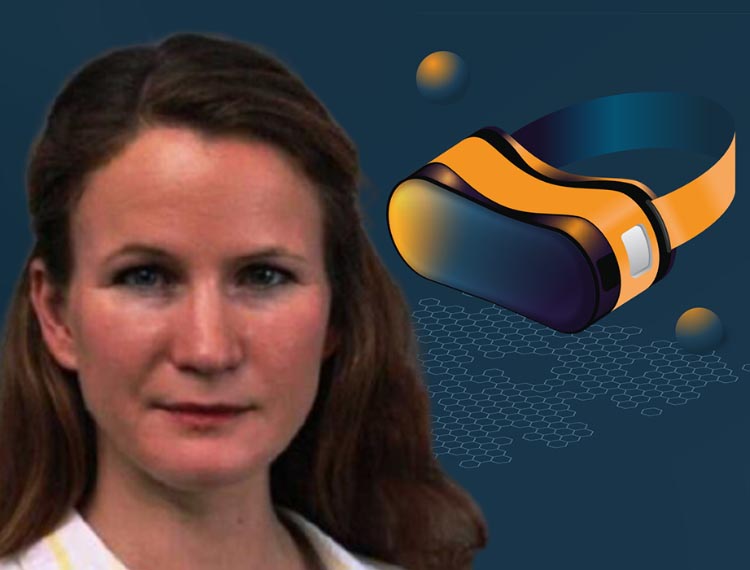
Acquiring soft skills has always been a problem for young people, and that challenge has undoubtedly worsened during the pandemic. But how can they be taught effectively and in a way that engages the student?
Ruth Hill, Head of Learning Design at Bodyswaps, explains why Virtual Reality is the solution many colleges should be looking at.
Employers frequently tell us that young people are leaving education without the skills they need to become effective members of the workforce. They might have the hard skills – the knowledge and techniques they need to do the job – but they lack the soft skills to work well with others.
Traditionally, young people would learn these skills on-the-job. But as there are fewer and fewer entry-level positions available in the job market, those opportunities are now limited.
It seems, educational institutions are expected to fill the gap. But their curricula focus on specific, easily defined and measurable skills, so it’s hard for them to dedicate the time and resources needed to help their students to build the harder-to-measure soft skills that employers value.
To make matters worse, the pandemic has taken its toll on students’ confidence in interacting with others. It’s hard to burnish your communication skills, demonstrate initiative and develop team-working with intermittent lockdowns, social distancing and the unavoidable restrictions imposed on public life. Those restrictions may have eased now, but the demands from employers for socially adept and work-ready job candidates haven’t. Without those skills, young recruits will struggle to enter the workforce, engage with their colleagues and build flourishing careers in the future.
There’s an equality issue involved here as well. At Bodyswaps, in our work with different types of educational establishments, we’ve seen that colleges operating in under-privileged areas have to work harder to help students build their soft skills. And that’s most likely because the students at prestigious institutions already have access to influential role models and mentors who can coach them in these skills outside of the classroom. Social media and the internet has also been blamed for having a negative impact on the social skills of the ‘always online’ younger generations. So it’s ironic that the solution to the ‘soft-skills-shortage’ could lie in cutting-edge technology that youngsters are choosing to use for themselves – Virtual Reality (VR).
Since introducing colleges to VR as a tool for soft skills training, what we’re witnessing is an improvement in soft skills for all students, but also a levelling-up of confidence and soft skills for learners who haven’t previously had access to the same social opportunities.
Opportunities aside, compared with hard skills teaching, soft skills have their own particular challenges for educators. Students often conflate soft skills with personality traits, believing only certain types of people can master them. Others think that, because they communicate all the time, they’re naturally good at it, but this isn’t always the case. In fact, with the right conditions, soft skills can be learned and improved like any other technique.
Because you can’t learn soft skills in theory – any more than you could learn tennis without picking up a racquet and hitting a ball – educators often rely on roleplay.
But adolescence is a time when students are deeply self-conscious and worry about humiliating themselves in front of their peers. They’re often afraid of making mistakes in a public forum for fear of being judged, so they find it really hard to engage in this kind of activity.
To build soft skills, learners need an environment where they can learn at their own pace and fail safely – without fear of reprisals. And this is where Virtual Reality really comes into its own. Putting on a headset creates a private world where students can master unfamiliar techniques in a psychologically safe space.
The format and gamification of the experience is already something that young people are drawn to. And the teachers we’re working with at Bodyswaps are struck by how well their students engage with the simulations, saying that many return again and again to fine-tune their skills. In fact, some students have to be persuaded to let someone else have a go!
We also know that learning outcomes are most successful when students can develop and practise skills in the kind of environments where they’ll be applying them when the training is complete. But this isn’t often possible in real life. In VR, we can simulate any environment or situation.
And here’s where the magic happens. Thanks to the unique capabilities of the technology, learners can practise skills – answering interview questions, pitching an idea, or having difficult conversations – and then switch bodies with the virtual character they’re talking to to see the impact of their words and delivery through another person’s eyes. It’s a real catalyst for building self-awareness.
At the same time, Artificial Intelligence in the app analyses individual performance data about verbal and non-verbal aspects of their behaviour. Each learner receives highly personalised feedback about criteria like eye contact, body language, articulation and word choice. This highlights areas for improvement and offers guidance on how to perfect skills, which only a very highly trained human observer could hope to match.
The potential of VR to teach students soft skills is huge. And it’s a technology that works.
Extensive student testing with over 1,000 sessions on our own platform has shown a significant increase in skills after completion of the training, so we know it delivers the skills employers value. Students tell us they feel psychologically safe learning in virtual settings and more confident in their ability afterwards. And teachers are delighted by the transformations they’re seeing in their students and calling it a game-changer in their educational toolkit.
What’s more, the colleges Bodyswaps has been working with in 2021 report readily available finance for hardware, with ring fenced government funding and budget already set aside for XR, so it’s relatively easy for them to dip a toe into the emerging educational metaverse and see if it works for them.
Ruth Hill is Head of Learning Design at Bodyswaps, a VR and mobile platform for soft skills training that offers bespoke and off-the-shelf leadership, diversity and employability training solutions.

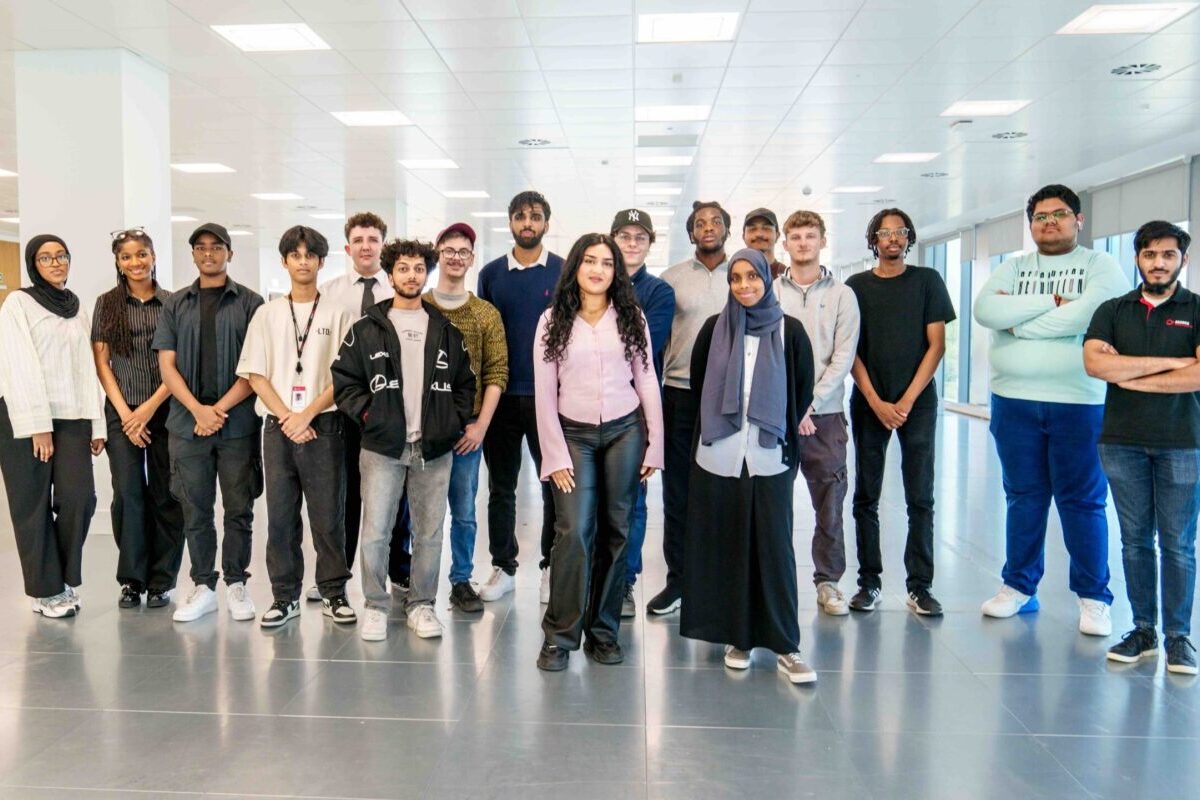


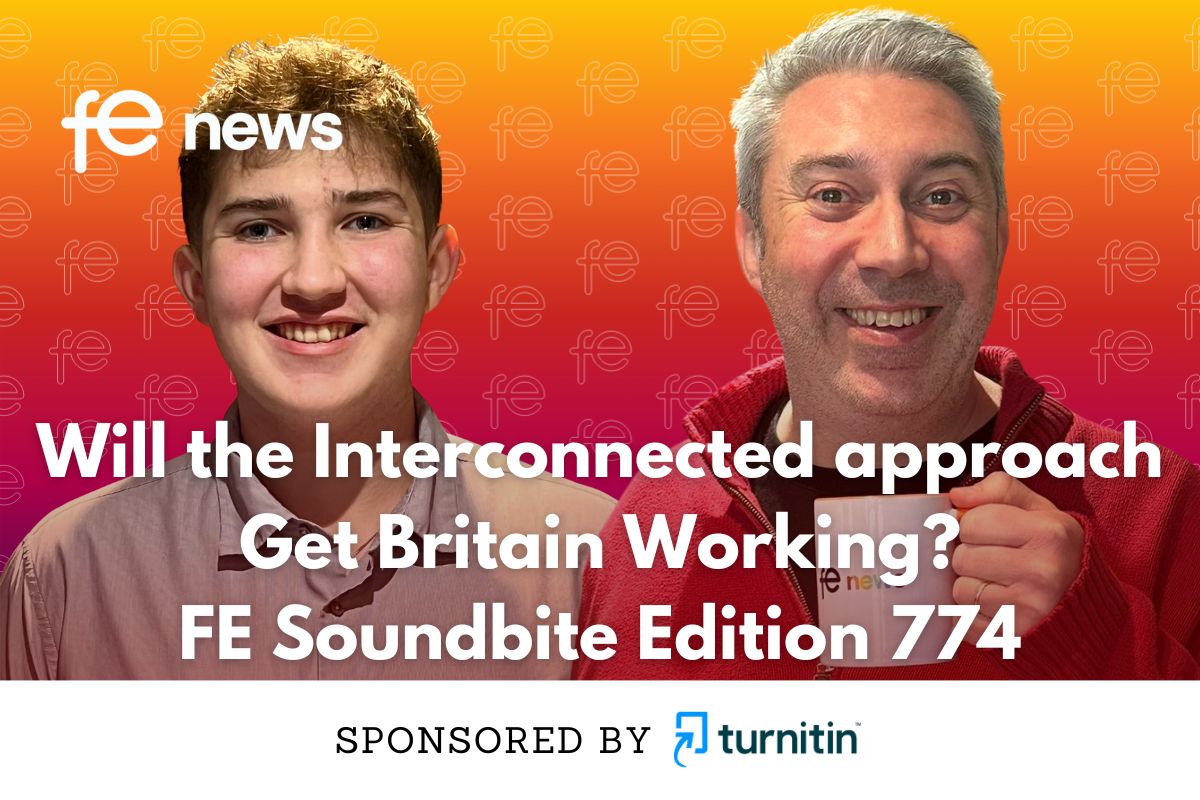

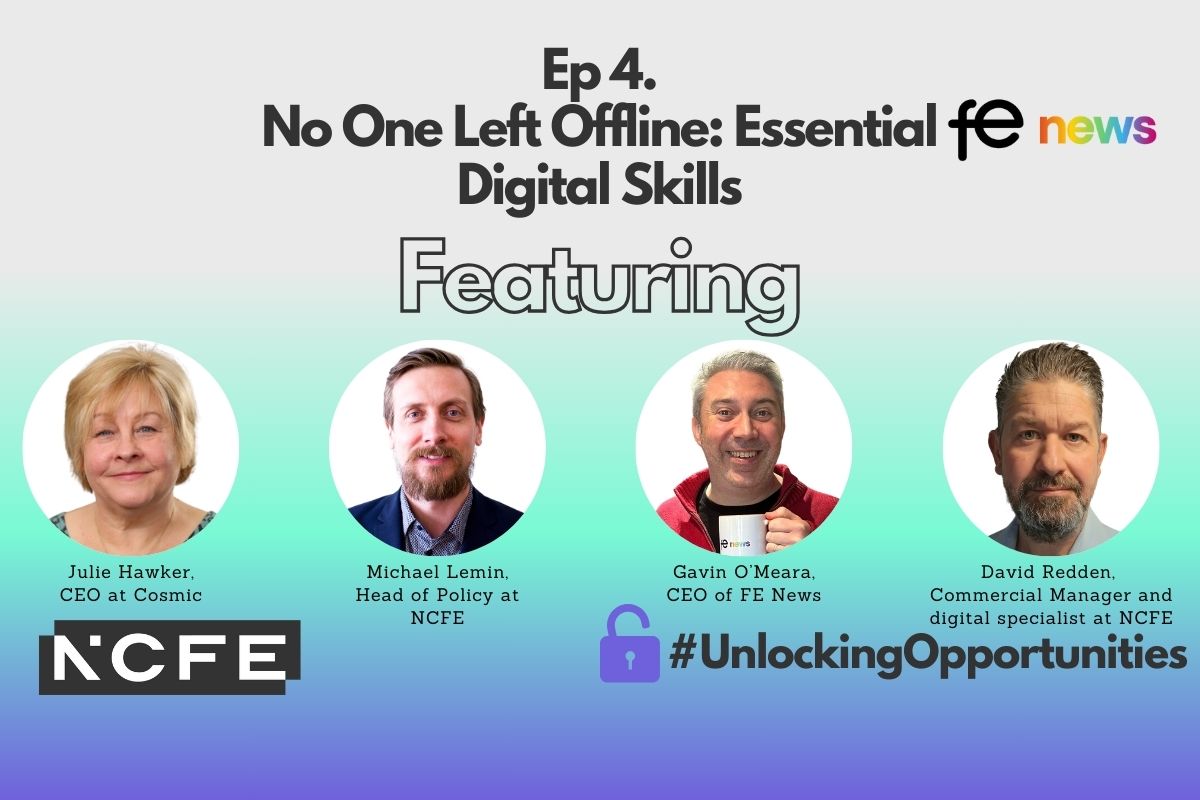


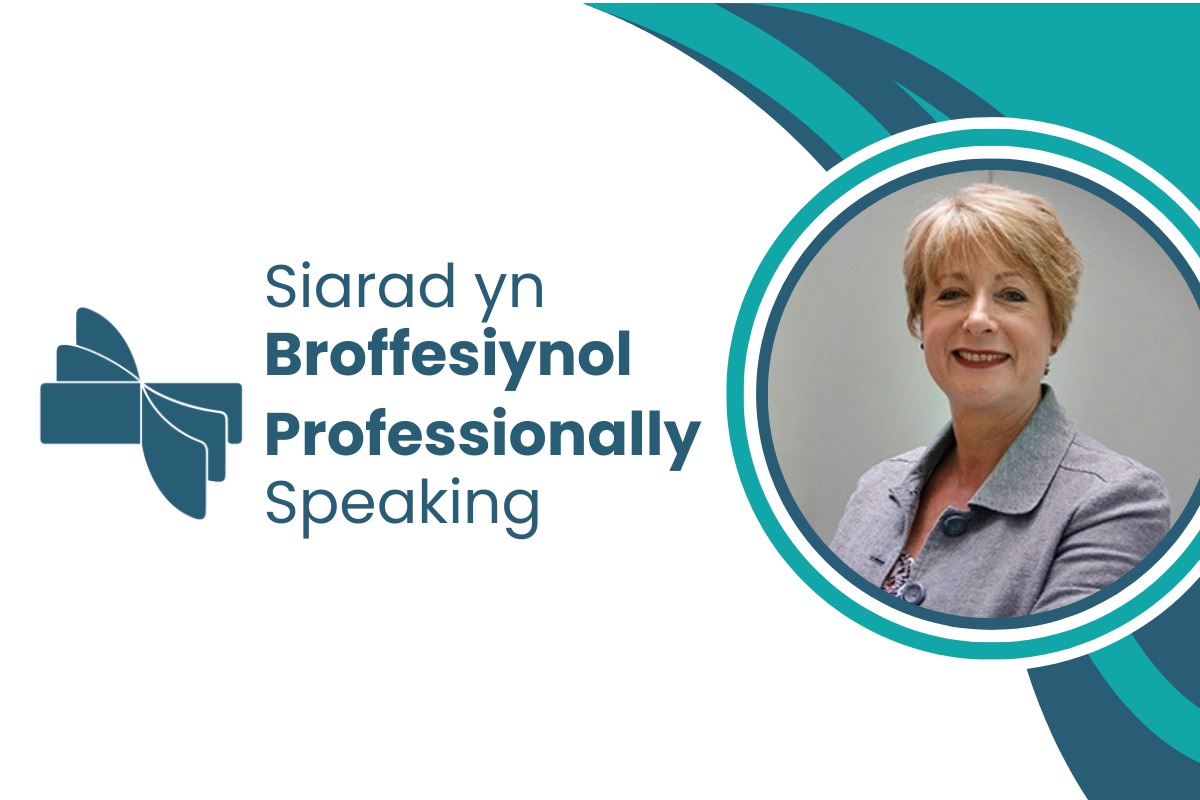

Responses